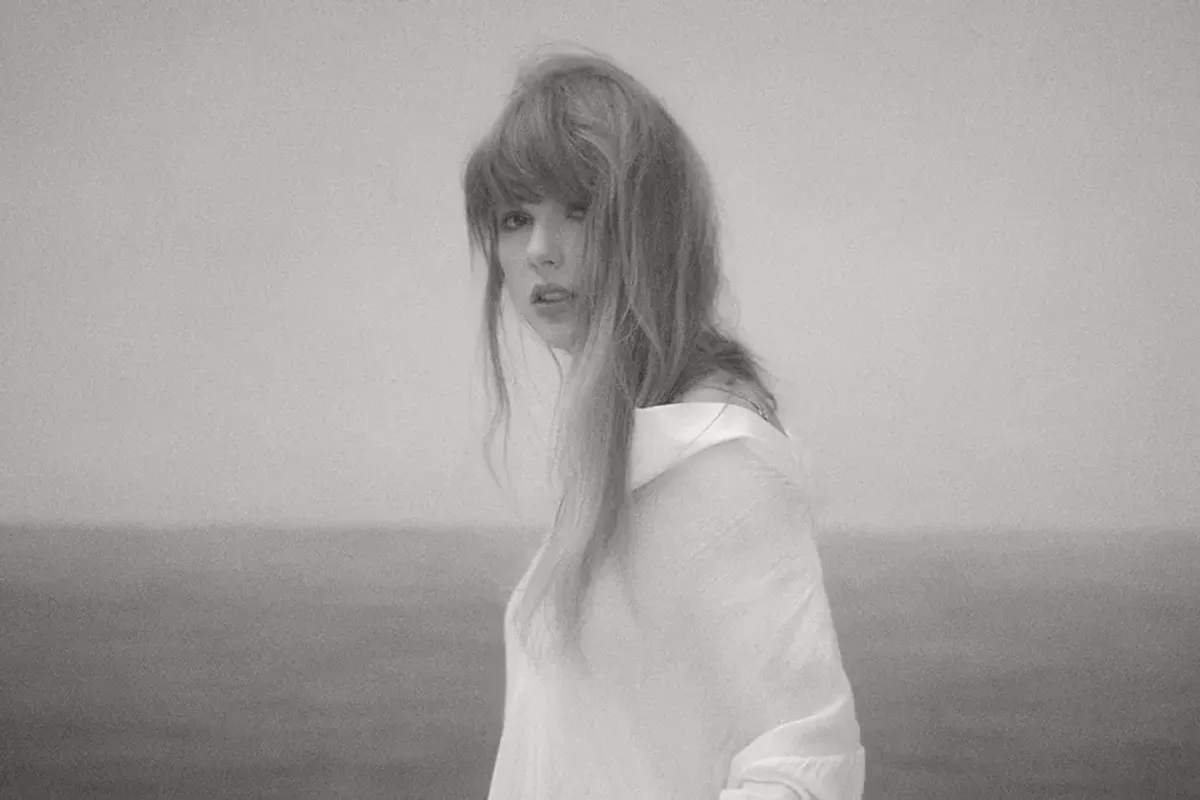Steve Jordan's Journey From Polaris To The CBC
The founder of the Polaris Music Prize assumed the role of Senior Director of CBC Music back in January, prior to the pandemic. Here he explains how the national broadcaster is adjusting to the new reality and its ongoing pledge for the support of Canadian music.

By Jason Schneider
After building the Polaris Music Prize into a Canadian cultural institution over the past 15 years, it was announced at the start of 2020 that Steve Jordan was stepping aside to assume the role of Senior Director of CBC Music.
It marked a return to Jordan’s roots in radio, having launched his career as a teenager doing the overnight shift at CKLC in his hometown, Kingston ON. However, just a few weeks into his new job at the national broadcaster, the Covid-19 pandemic hit with full force, prompting some hard programming choices to be made quickly and decisively.
The major one has been to play Canadian artists exclusively as a show of support for the financial struggles they generally face across the board. It’s also in line with the Polaris Prize’s track record of spotlighting diversity, a subject that’s obviously becoming more important as current world events unfold.
All of this activity has made it difficult for us to pin down Steve Jordan over the past couple of months, but he was recently able to share some of his thoughts about his latest career move.
Your new position with CBC Music started at the worst possible time due to the pandemic. How has the job been treating you so far?
Well, it hasn't been boring. But I have an incredibly knowledgeable and savvy team that knows all of the ins and outs of our various operations. They are making me look good while I get to know the place, which of course is made harder by not being in the actual place. And in a weird way, the distance mandated has brought us closer together. I'm definitely getting to know the people here even more intensely and quickly than I imagine I would in normal conditions. The executive has been very supportive of how we're adapting to the "new reality" and the tragicomic timing of my arrival here.
How challenging has it been to adapt programming to the pandemic restrictions?
Right after the Juno Awards were postponed, we turned to setting up at-home broadcasts for hosts and producers on radio, and to come up with video projects that kept the artists and our producers safe. Our team executed this on a dime and did so brilliantly. You can hear this on our stations with only the occasional reveal of our host’s home situations, like Tom Allen making reference to the garbage trucks outside his house. And while we'd rather be shooting live concerts and studio sessions with live audiences, projects like the Great Canadian Singalong with Blue Rodeo and our Junos 365 Songwriters Circle really show off how Ben Aylsworth's video squad has really maximized our presentation in spite of all the current limitations.
It's fair to say that your work with Polaris has highly influenced CBC's programming evolution over the years. Will you still be keeping tabs on what jurors are listening to?
Sadly, not as much. One of the great Polaris joys was being privy to the private discussion and being turned on to what the jury was digging up. I'll follow like everyone else though. We do have a few jurists at CBC Music who are still a part of the discussions.
For many Canadian independent artists, CBC continues to be a primary means of exposure and support. Do you think that relationship could potentially be enhanced when things start getting back to normal?
I do, and we're developing a few more ways to do that right now. We're very aware of how precarious things are for artists and their teams and, as we did with our all Canadian programming at the start of the pandemic, we'll view all of our new efforts through that supportive lens.
We're already seeing that it will take the music business a lot of time to recover from the effects of the pandemic, possibly into 2022. How do you foresee things playing out?
We've just seen the Music Canada Abacus study where a majority of live music fans will not be comfortable going to shows until six months after restrictions are lifted and that is potentially and irreversibly devastating for so many in our industry. But then we see bands like July Talk innovating a way out of this with their drive-in theatre concert plans. It gives me hope that the ingenuity our industry is known for will help us find a way to survive. Our challenge at CBC Music will be finding new ways to support artists through these times and we intend to do so.

















